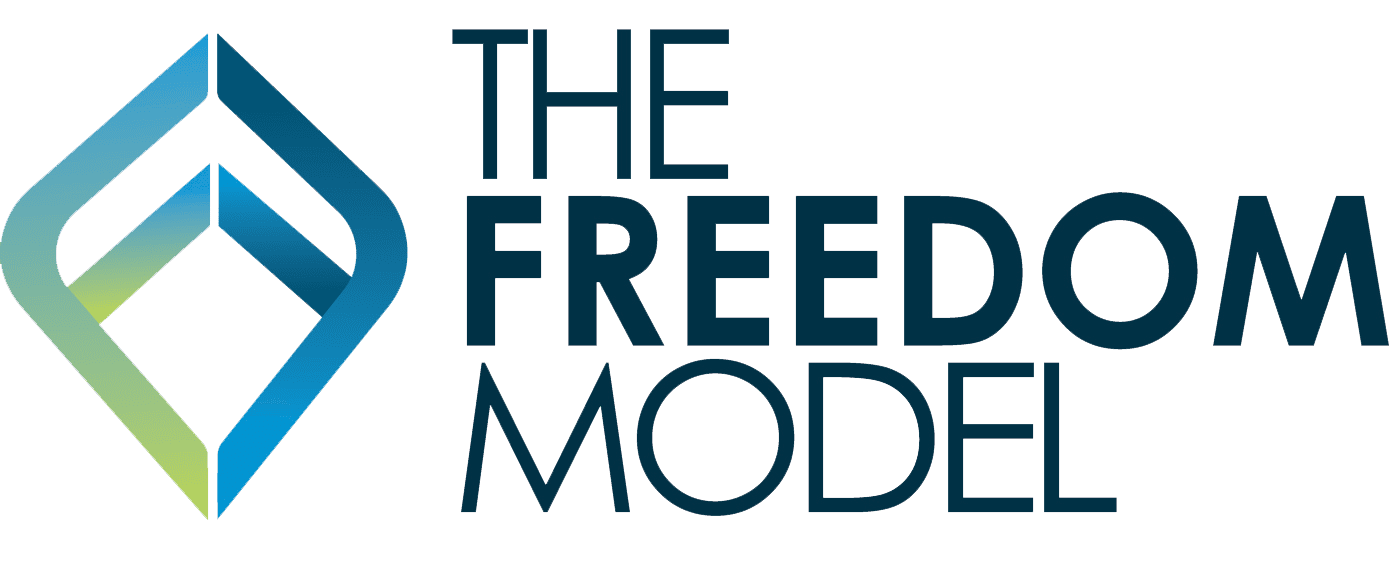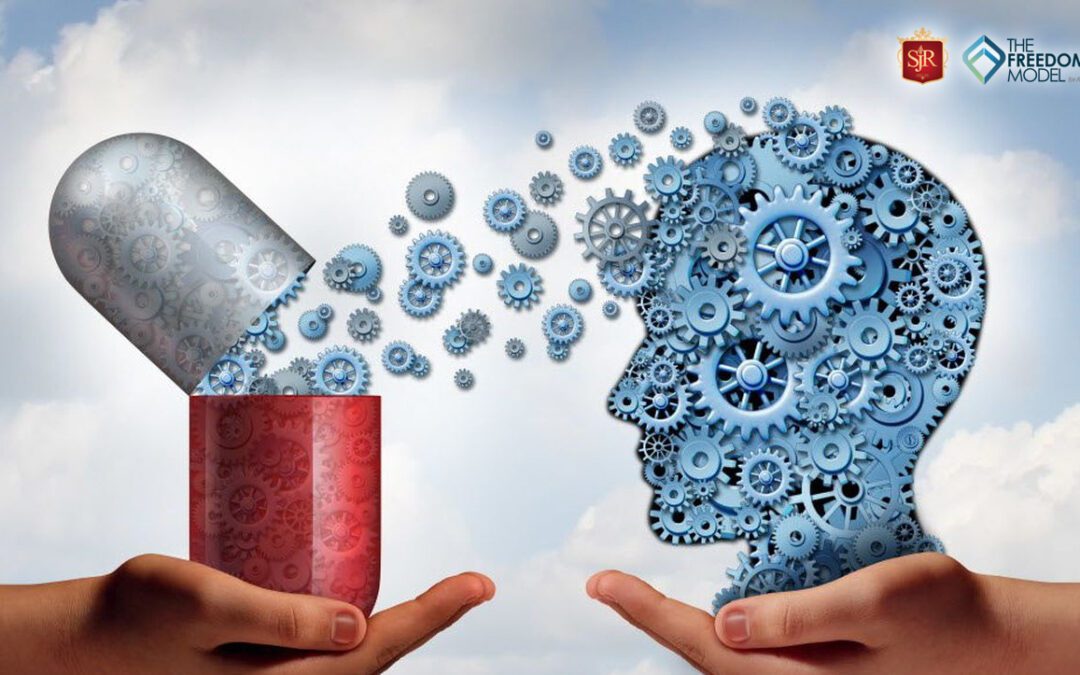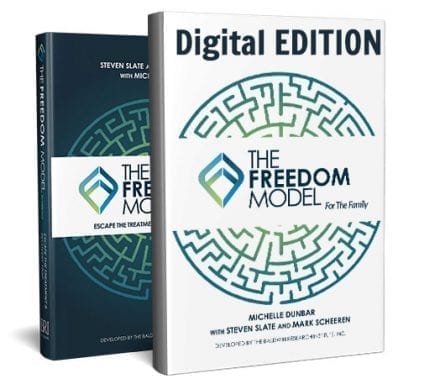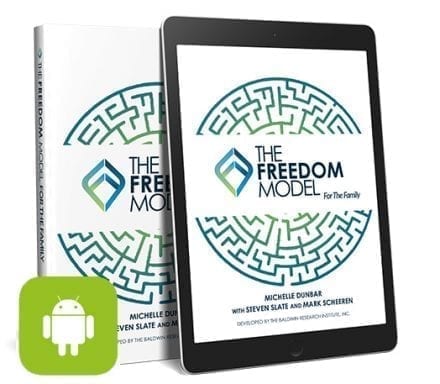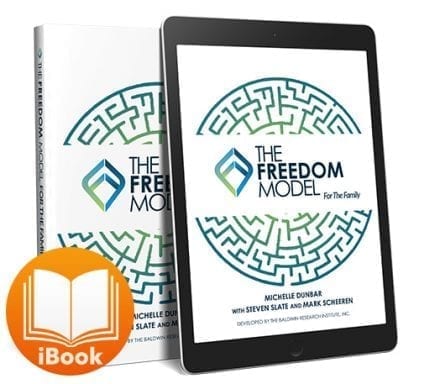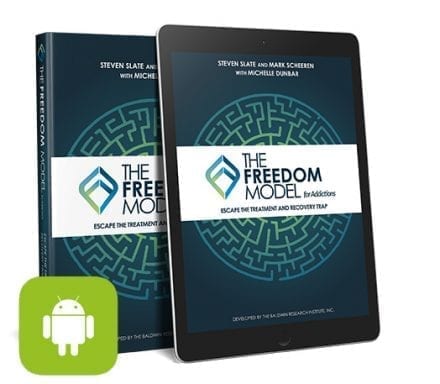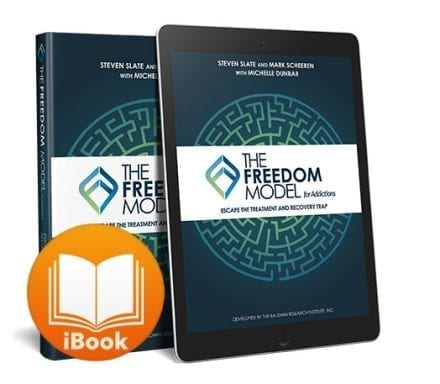“Drinking makes my stress go away.” “I get things done when I do meth. It makes me motivated.” “Drinking makes me more social, I don’t feel so nervous when I’m buzzed up.” “I can say the things I normally can’t say. Substances help with my lack of assertiveness.” There are endless statements like this that represent the idea that substances have magical qualities to help humans in all kinds of mystical ways. Notice that I used the words mystical and magical here. That’s because while substances are things, they are not living or magical things, and they can’t problem solve or compel us to behave in any way.
In Western society, we tend to discuss alcohol and drugs as intelligent agents that help us problem solve all manner of human challenges. We also promote the idea that these same problem solvers can turn their back on us and cause all kinds of mayhem and emotional pain. We blame them for overdoses, car accidents, addiction, broken families, social breakdown, lost fortunes, and wrecked careers to name a few. So while on the one hand these substances are thought to make us happier, more outgoing, more fun, and help us to relax and cut loose, people simultaneously blame substances for destroying lives, families, and society as a whole. To say that substances have a varied reputation in their supposed influence on people’s lives would be a dramatic understatement. In our book, The Freedom Model for Addictions, Escape the Treatment and Recovery Trap, we cover these contradictions. Take a read:
“Marijuana can’t make you more creative, populating your mind with ideas AND clear your mind so that you can relax and forget the world. These are opposite powers. Cocaine can’t make you an uninhibited party animal AND a focused individual ready to get all of your work done. Alcohol can’t make you relaxed, calm, and detached from your surroundings AND get you riled up to dance and party.
All of these examples represent opposite psychological powers that the exact same chemicals supposedly exert upon your brain. A quick review of these claims as we have just done shows how utterly absurd they are. Yet most people still believe in all of these powers. Why?
It’s a simple logical error that they make, and the product of learned falsehoods. It’s an error we can only assume has been happening for about as long as these substances have been used. Basically, people confuse causation with correlation. Because substance use is paired with an intention to relax, when people experience relaxation they attribute it to the supposed chemical powers of the substance. Then when an intention to get wild and party is paired with substance use, people do the same thing; they attribute the stimulation they experience to the same substance they believed had the power to relax them yesterday. Again, when you put these two powers side by side – stimulation vs. relaxation – you can understand that they’re exact opposites, and thus can’t be caused by the same substance. Yet that never occurs to most people, and they continue to attribute these contradictory powers to substances. Despite the impossibility, they continue to feel these effects.”
Whenever you walk into a situation with a certain expectation, you’ll see that particular experience colored with that expectation. The drug experience as a whole isn’t any different. When a crack user hangs out in crack houses where the mythical “power of crack” is endlessly repeated by the patrons in all kinds of various ways, the individual’s preference for crack is then layered with the accelerant of these powerful ideas. The ideas are powerful but the crack is a lifeless substance with no soul, mind, motive, power or inherent capacity to addict someone. In actuality crack is nothing more than a substance that provides certain reliable physical effects. It doesn’t make all people who use it hide out in crack houses with abhorrent lives of crime as the narrative goes. Many crack users smoke it occasionally in the privacy of their lives with little fanfare or trouble. Many are moderate weekend warriors and live normal lives, while others fall into the aforementioned group that dive deep into the clichéd crack culture.
This wide spectrum of use occurs in the worlds of all the other substances as well, from alcohol to LSD to heroin. In other words, it’s not the pharmacological effects of the drugs that drive behavior; it is the narratives we play out in our minds once we feel the physical “high” from the substance. We interpret the physical drug effects of the first few drinks or hits and imbue them mentally and emotionally with magical medicinal ideas and beliefs, thereby converting an objectively real physical experience into a powerfully emotional one. But know this; it’s not the drug that creates this mental and emotional experience; that part – and it’s a big one – is our mind at play.
You see, drugs are physical things, with no mind of their own. There is no way by which the substance can actually change or modify your thoughts. Your thoughts, beliefs, stresses, joys, and every feeling in between, is a self-created product of you – your mind. You ARE your mind. So while the drug reliably affects your body structure, it does not and cannot run directly into the realm of thoughts and emotions. For that, you must believe – in your mind, and by your mind, that the drug is responsible for your stress relief, your “lowered inhibitions,” your increased sex drive, your desire to fight, love, feel powerful, feel less than, feel ashamed, or any other feeling you might attribute to the drug’s effects. In other words, everything you think the drug is doing to your mind and emotions is a misattribution. It is the way you mentally frame the physical sensations of the drugs you feel in your body. In short, you imbue the physical effects of drugs with mental attributes. What is actually happening is that your mind observes the body in its drunken or drugged state, and then creates the belief that the sensation in your flesh and brain tissue is actively changing your thoughts, desires and the way you see the world. This misattribution is a self-created form of magic and mysticism. It’s a mind trick you play on yourself. You’re giving the drug credit for a belief you are creating in your own mind, and by your own mind.
Now don’t jump to the conclusion that I’m saying substances don’t do anything. They do. They affect the physical body in various reliable and measurable and sometimes radical ways – including overdose and death in some cases. But once we get away from the reliable and physically measurable drug effects on body tissues, all bets are off. For example, one heroin user might see being high and boosting from a Wal-Mart for their habit as necessary and OK, while that thought might never, ever even cross the mind of another heavy user. These two people are using the same amounts of the same drug yet have completely different emotional and ethical responses and standards. Another example: one person says taking opiates relaxes them, while the next person says he gets energized from opiates. Here’s another scene to ponder: there are a bunch of people at the bar who have the identical excessive amounts of molecules of alcohol in their bloodstream. Yet, they are all behaving completely differently. One is hitting on the girl next to him; one woman is crying in her beer; another man is fighting in the parking lot, while a group is laughing hysterically in the corner. How can one identical drug in the bodies of all these different people, cause contradictory reactions? Easy, each individual is mentally interpreting the physical drug effects – the physical sensations – in their own way. And these interpretations are happening in their minds. Your brain and body doesn’t interpret sensations nor does it think, only your mind does that. You do that.
Stop playing the misattribution game. Stop making drugs and alcohol into living things that change or modify your thoughts and emotions. You’ve learned to see substances in this inappropriately romanticized and magical way and it’s this false belief that keeps you going back to it. It’s what builds your strong preference, and it’s what results in your confusion. Because your desire for this fantasy and magic is so driven, so wanting, you repeat it over and over hoping it will always be magical. Yet, as time passes, the actual objective results of heavy use that you’re seeking fall horribly short of the fantasy you create with your misattribution. You “chase the dragon” hoping with every drink, hit or binge that you’ll have an amazing time like you did when intoxication was new and exciting.
Make no mistake, when you first were getting drunk and high the misattribution and magic-making was just as much in play, except then it was new. Anything new – even fantasies – can be profound. But eventually the truth and reality that substances cannot drive emotional changes, provide emotional relief, make you smarter, more creative, or more beautiful comes full swing. Then the only thing you are left with is a never ending binge cycle where your misattribution cycle is run over and over in a negative feedback loop of frustration and despair. This will only end when you let go of the myths and magic and see substances for what they are – a body tickle; a physical rush of blood and internal chemicals. Nothing more, nothing less.
The rest, the mental and emotional part, is you – it’s your mind. And since the real story here is that you’ve created this misattribution, and you’ve created the magic from cultural myths you’ve been taught to repeat; you can create the same excitement you think you are getting from substances, but now do it without them. Your mind is the miracle here, not the drugs; not the alcohol. Start creating real magic because the magic has always been you all along anyway! And if you do this without substances in the picture, the downsides of heavy use are left at the door while you build dreams that won’t leave you wanting.
We’ve helped thousands of people move on from addiction over the past 30 years. We offer several options to help you learn The Freedom Model’s Non-12 Step approach. We offer an exclusive residential opportunity at our Saint Jude Retreat where you can learn one-on-one with the developers of The Freedom Model. We also offer Freedom Model Private Instruction, which is one-on-one private video classes with a certified Freedom Model Instructor, and recently we released The Freedom Model Online Program, a full video course of The Freedom Model Program that can be done entirely online from a desktop, laptop, or any mobile device. If you’d like to speak with us and discuss which option may be a fit for you or a loved one, contact us at 1-888-424-2626 to see how we can help!
